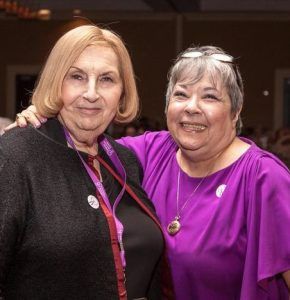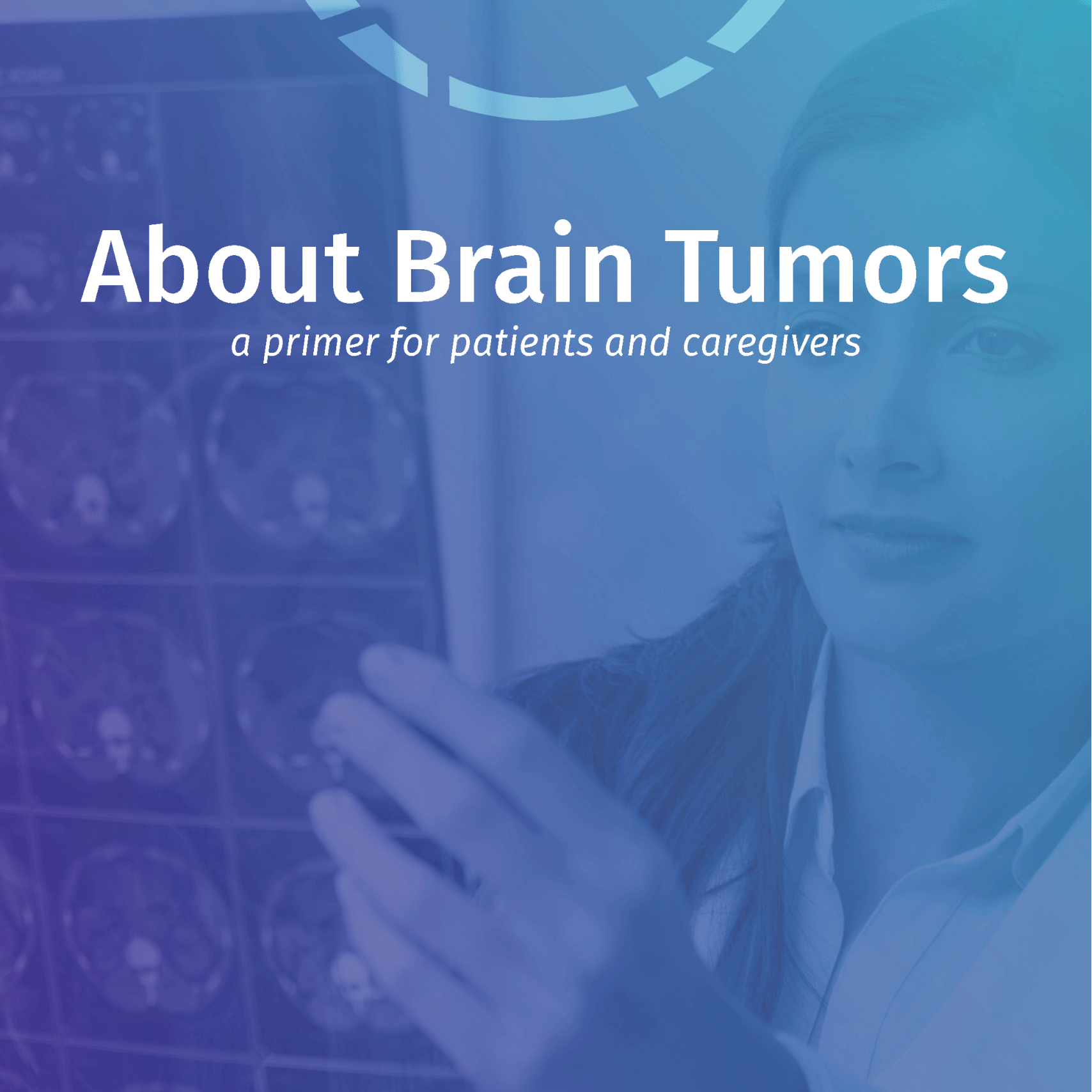** Sponsored by Ono Pharmaceuticals. This content is not an endorsement from the ABTA.**
In her job at a healthcare insurer, Barb Brady leads a team that collaborates with primary care physicians to help them serve patients better. She manages programs designed to help the doctors and their staff focus on high-risk patients and medical emergencies by implementing small changes, such as same-day appointments, which could have big impacts on patients.
She’s really proud of her work and the programs she manages. She never anticipated that one day they would benefit her.
A month after her 50th birthday in March 2023, Barb started to feel weird. She confesses that it’s difficult to find the words to accurately describe what she was experiencing. She had a headache, felt a bit dizzy, was nauseated, and was so tired she could barely wake up.
Given the milestone birthday she just celebrated, she assumed her symptoms were related to menopause. When the symptoms intensified, she called her physician and, thanks to the program she manages at work, got an appointment that day.
“I was really proud of that, and also really grateful for it,” she reflected. “I never had any medical issues my whole life, but I just got sicker and sicker. I’ve always appreciated how my work helps patients because I’ve seen it in action, and now these programs were helping me.”
An MRI was scheduled the following day and that’s when Barb’s physician and medical support team started to mention the ‘c’ word: cancer. A mass was discovered and a biopsy confirmed Barb had a lymphoma in her brain. It was PCNSL, primary central nervous system lymphoma.
“I was relieved but really scared,” she said. “In a matter of days, I was sitting before an oncologist and scheduling my first treatment.”
Surgery wasn’t an option for Barb due to the location of the lymphoma in her brain. She was immediately placed on steroids and responded really well to them. After just two treatments, the mass had reduced by 90 percent. Her oncologist prescribed a MATRix regimen, which is a combination of four drugs used to treat PCNSL. Barb received four treatments over four months. By August 2023, she was told there was no evidence of disease in her brain.
“To think that I thought I was just having a bad time with menopause, and it turned out to be PCNSL,” she said. “It was so scary because it all happened so fast.”
A year later, Barb, who has two teen-aged sons, has a deeper appreciation for her job, the medical team who treated her, and her family and friends who rallied around her and her family to provide indispensable support.
“Without the people around me, I don’t know if I could have done this,” she said. “This has put things in perspective. I don’t sweat the small stuff. Instead, I try to provide the same love and support I got to others facing this same diagnosis. It was Hell going through this, but it’s part of my story now.”
For more about Ono Pharmaceuticals visit, https://us.ono-pharma.com/.































